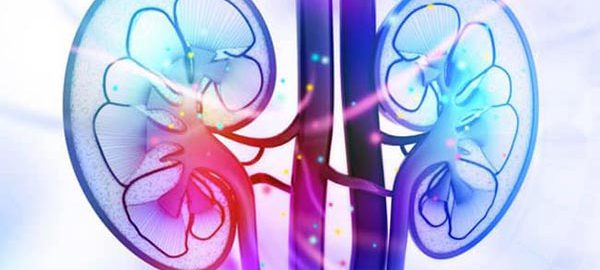Kidney Health for All is the theme of World Kidney Day 2019. But, do you know how important this organ is for the proper functioning of the body? First, for those who do not know yet, the word kidney goes to the plural because we have two. And they are in the posterior abdomen, one on the right and one on the left.
Their main function is to filter blood to control the amount of water and salt in the body, eliminate toxins, help control high blood pressure and produce hormones that prevent bone anaemia and decalcification, and eliminate medications and other ingested substances.
It is precisely for its numerous functions that the kidneys need to be healthy. Sick kidneys cause so-called kidney disease, which is a cause of concern worldwide because of the growing number of cases.
According to the best nephrologist in Delhi, 850 million people have kidney disease worldwide. Chronic Kidney Disease causes at least 2.4 million deaths annually, with an increased mortality rate. And the most affected are people living in low- and middle-income countries.
According to Dr. Vinant Bhargava, kidney specialist in Delhi, the main risk factors for kidney disease are hypertension, diabetes, and a family history of kidney disease. But obesity, smoking and the use of toxic medications can also affect kidney health.
“In India, one in 10 Indians will have some kind of kidney disease. He has and does not know, because kidney disease is silent. It has no major symptoms. And since diabetes and hypertension are prevalent diseases in India, and also remembering obesity, these diseases lead to chronic kidney disease. And if the person has a very poor kidney function, below 10%, he will go on hemodialysis, peritoneal dialysis or need a transplant, ”explains the nephrologist
Preventing
Kidney care means staying away from kidney disease. For prevention, one of the main tips is to adopt a less salty diet. “We here in India eat around 12 grams of salt per day when adequate would be around 2 grams of salt/day. Salt has a retaining effect on water. This causes the kidneys to work at higher blood pressure, leading to kidney disease or chronic kidney disease. And for those who are diabetic, the diet should also be controlled, especially in relation to sugar, ”draws the attention of Dr. Vinant Bhargava.
Hydration is indispensable. “We should not wait for thirst to drink water. Thirst already means dehydration. An increased amount of fluid should be taken to further filter the urine. The pathologies that can be harmed by lack of water are those who already have kidney stones, the kidney stone. You have to drink a lot more water, always trying to prevent the crystals from getting too long in the urine, forming increasing leg formation.”
Elderly people, patients with cardiovascular disease and patients with a history of kidney disease in relatives have great potential to develop kidney injury and should be investigated with urine screening and blood creatinine levels. “These are simple tests available that provide valuable information to tell how the kidneys are working. The recommendation is to take the exam once a year. And anyone who already has a family history, hypertension or diabetes is at least every six months.”

